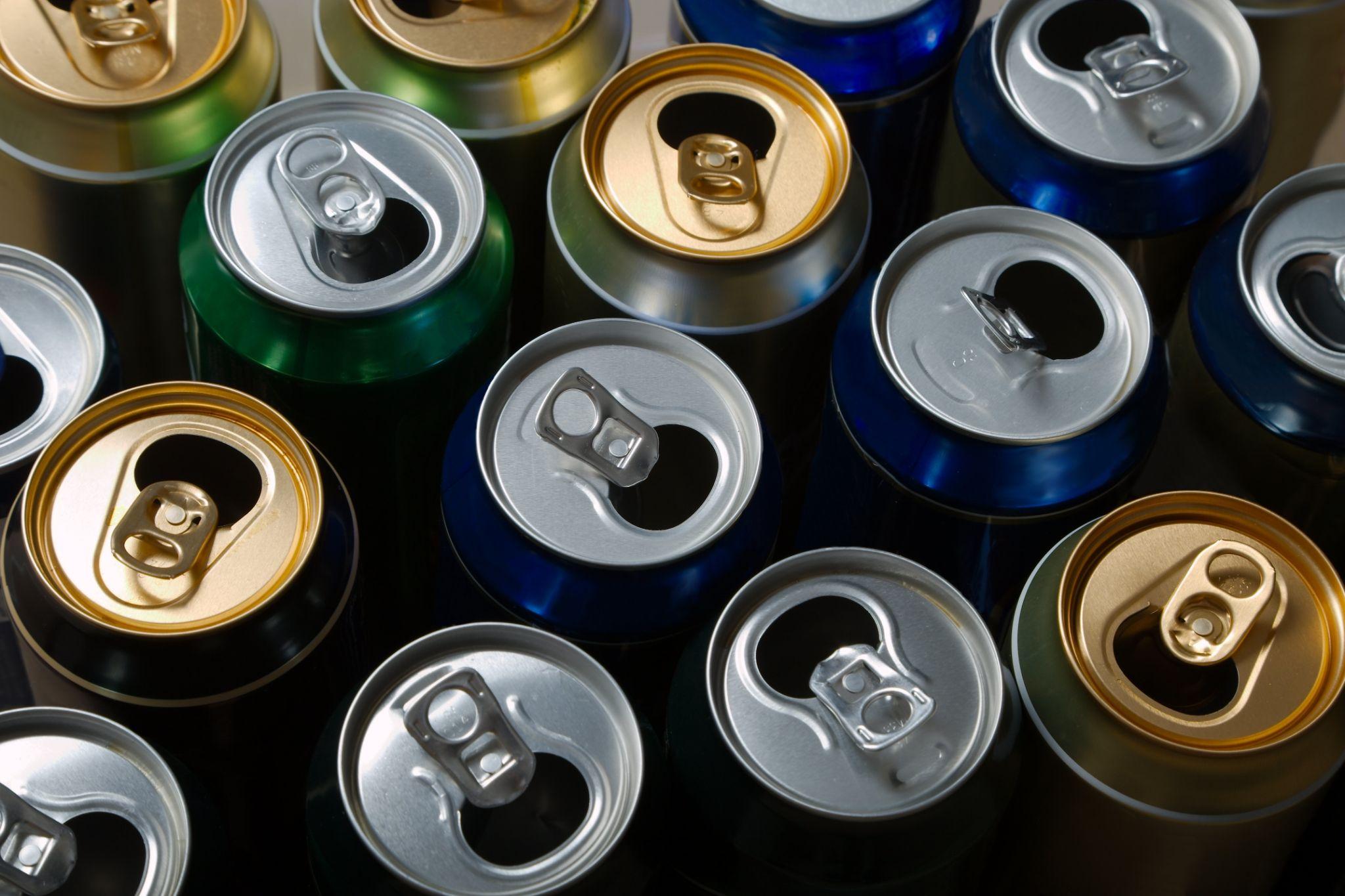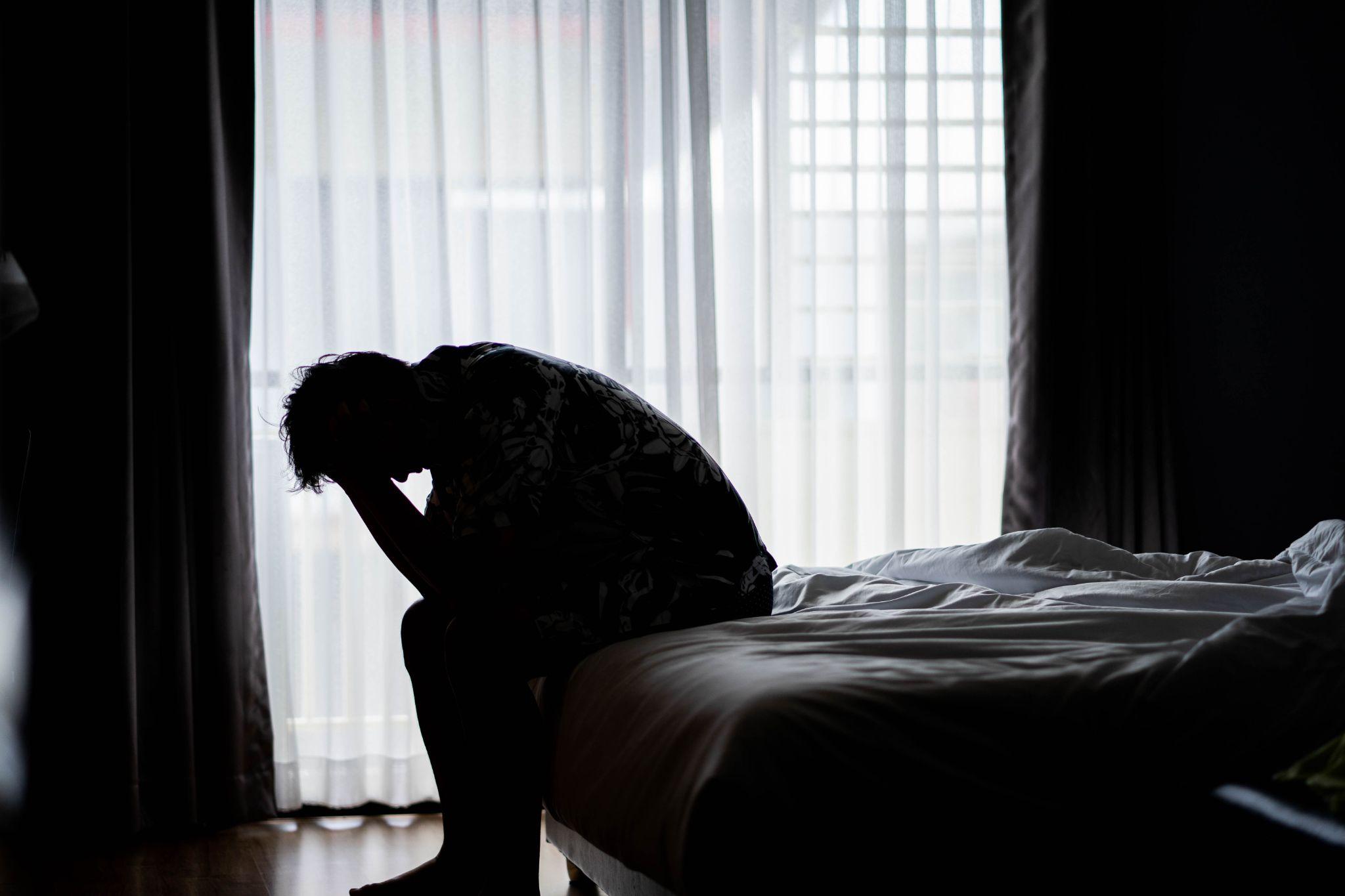
Binge drinking is more common than many might think, and its effects can be far-reaching. The 2022 National Survey on Drug Use and Health (NSDUH) reveals that approximately 61 million Americans aged 12 and older, or 21.7%, reported binge drinking in the past month.1 This statistic, however, is more than just a number—it represents a significant portion of our community navigating the complexities of drinking alcohol.
At Adelante Recovery Centers, we understand the depth and breadth of this issue and its impact on individuals and families. Below, we’ll explore the realities of binge drinking, its potential effects on health and well-being, and the importance of recognizing when it’s time to seek support.
What Is Binge Drinking?
Binge drinking is defined by the National Institute on Alcohol Abuse and Alcoholism (NIAAA) as a pattern of alcohol consumption that brings a person’s blood alcohol concentration (BAC) to 0.08 grams percent or above. This form of heavy drinking typically happens when men consume 5 or more drinks, and when women consume 4 or more drinks, in about 2 hours.2
To put this into context, a “standard drink” in the United States contains roughly 14 grams of pure alcohol, which is found in 12 ounces of beer, 5 ounces of wine, or 1.5 ounces of distilled spirits. Understanding what constitutes a standard drink is crucial in recognizing binge drinking behaviors.
Immediate Dangers of Binge Drinking
Binge drinking can lead to several immediate risks that not only pose a danger to the individual’s health but can also impact those around them. The immediate effects of binge drinking can include:
- Alcohol Poisoning: Consuming a large amount of alcohol in a short period can overwhelm the body’s ability to metabolize alcohol, leading to potentially fatal alcohol poisoning. Symptoms include confusion, vomiting, seizures, slow or irregular breathing, blue-tinged or pale skin, hypothermia, unconsciousness, and in severe cases, death.
- Accidents and Injuries: Impaired motor skills, judgment, and reaction times increase the risk of accidents such as falls, drownings, and car crashes. Binge drinkers are more likely to suffer from injuries, ranging from minor cuts and bruises to more severe, life-threatening injuries.
- Risky Behaviors: Binge drinking is associated with engaging in risky behaviors, including driving under the influence, unsafe sexual practices, or aggressive behaviors, leading to potential legal issues, sexually transmitted infections (STIs), or unintended pregnancies.
- Violent Behavior: Alcohol impairs judgment and lowers inhibitions, which can escalate conflicts and lead to violent acts, including domestic violence, sexual assault, and fights.
Long-Term Dangers of Binge Drinking
The prolonged pattern of excessive drinking in short periods of time can have severe and lasting effects on various aspects of an individual’s life and health, including:
- Chronic Health Conditions: Regular binge drinking can lead to the development of chronic diseases such as liver cirrhosis, alcoholic hepatitis, cardiovascular diseases, stroke, and pancreatitis. It can also increase the risk of developing certain types of cancer, including liver, breast, mouth, throat, esophagus, and colon cancer.
- Mental Health Issues: There is a strong link between excessive alcohol use and mental health disorders, such as depression and anxiety. Alcohol can exacerbate existing mental health issues and can also contribute to the development of new psychiatric problems.
- Cognitive Impairments: Long-term binge drinking can affect the brain’s structure and function, leading to problems with memory, attention, and decision-making. These cognitive deficits can impact personal and professional life and may be irreversible in some cases.
- Alcohol Dependence and Addiction: Regular binge drinking significantly increases the risk of developing alcohol use disorder (AUD), characterized by an inability to control or stop drinking despite negative social, occupational, or health consequences.
- Social and Relationship Problems: Binge drinking can strain relationships with family and friends, lead to poor performance at work or school, and result in financial difficulties and legal problems.
If you or someone you know is struggling with binge drinking, it’s important to seek help from professionals who can provide the necessary support and treatment.
When Should You Seek Treatment?

Recognizing the need for treatment is a critical step in addressing binge drinking. It’s not only about how much or how often one drinks, but also the impact drinking has on one’s life and the inability to control drinking patterns. Here are some specific signs that indicate it might be time to seek professional help:
- Inability to Limit Drinking: Finding it challenging to stop drinking once you start or consistently drinking more than intended.
- Experiencing Withdrawal Symptoms: Suffering from withdrawal symptoms such as shaking, sweating, nausea, or anxiety when not drinking.
- Neglecting Responsibilities: Failing to meet obligations at work, school, or home due to drinking or recovering from the effects of alcohol.
- Continued Use Despite Problems: Continuing to binge drink even when it causes or exacerbates health problems, emotional distress, or interpersonal issues.
- Giving Up Important Activities: Abandoning hobbies, social activities, or family events because of alcohol use.
- Tolerance: Needing increasingly more alcohol to feel its effects, indicating a growing physical dependence.
- Using Alcohol to Cope: Relying on alcohol to deal with stress, anxiety, or other emotional issues.
- Impact on Relationships: Experiencing frequent conflicts or issues with friends, family, or colleagues due to drinking behaviors.
- Hazardous Behavior: Engaging in dangerous activities while under the influence, such as driving drunk or engaging in unsafe sexual practices.
- Feeling Guilty or Ashamed: Regularly feeling remorse or guilt about your drinking or what happens while you’re drinking.
Early intervention can prevent the escalation of binge drinking to more severe alcohol-related problems. Treatment options can vary and may include therapy, support groups, medication, or a combination of these. If you recognize these signs in yourself or someone close to you, reaching out for professional help can be a pivotal step toward recovery.
Reach Out to Adelante Recovery Centers Today
Adelante Recovery Centers offers a unique, holistic approach to addiction treatment, tailored to meet the individual needs of each client in the serene backdrop of Orange County. Our expert team provides a comprehensive range of services, including detox, residential rehabilitation, and dual-diagnosis programs, all aimed at achieving long-term sobriety. Embrace a path to recovery where mind, body, and soul are nurtured in a luxurious setting designed for your comfort and healing.
Get in touch with Adelante Recovery Centers today and take the first step towards a life filled with hope, joy, and lasting sobriety.
Sources:

